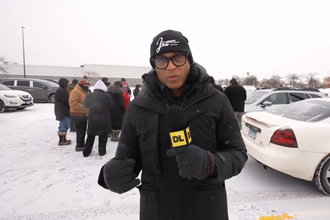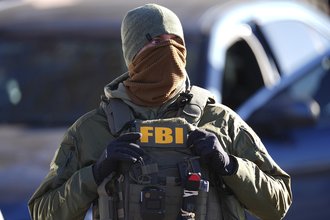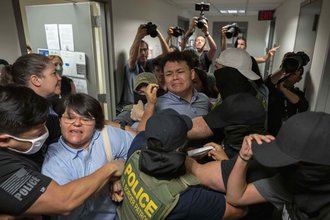New guide helps journalists know their rights when police come knocking


Marion County Record
Searches of newsrooms and seizures of journalists’ materials chill reporting.
Police searches of newsrooms and seizures of journalists' communications, electronic devices, notes, and other reporting materials intimidates journalists and sources and chill reporting. Searches and seizures can reveal confidential sources and transform reporters into tools of law enforcement.
Numerous laws protect reporters from searches and seizures, but police routinely violate them. Too often, courts rubber-stamp requests for searches and seizures involving journalists. In some instances, officials even appear to have obtained illegal search warrants to intimidate and silence journalists and news outlets who criticize them.

Also: Judge halts search of records seized from Washington Post reporter

The judge was right to block it until a full hearing at which time he should block it permanently

Don’t forget last week’s alarming intrusion on newsgathering

Raid marks latest escalation in Trump administration’s attack on press freedom.

Marion County cops got their First Amendment lesson the hard way. Police elsewhere should take note

No more presidential library slush funds

Officials who orchestrate retaliatory schemes against local news outlets like the Atmore News must be held accountable

Attorney Christie Hebert of the Institute for Justice explains what to do if police take your device and hold it hostage

Court states the obvious: Citizen journalists have the same First Amendment rights as any other journalists

Kansas raid was unusually dramatic, but smaller scale violations are a serious and persistent problem